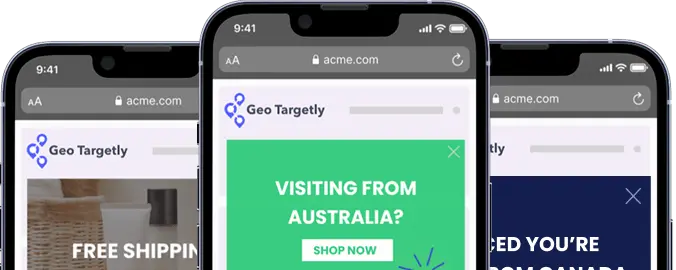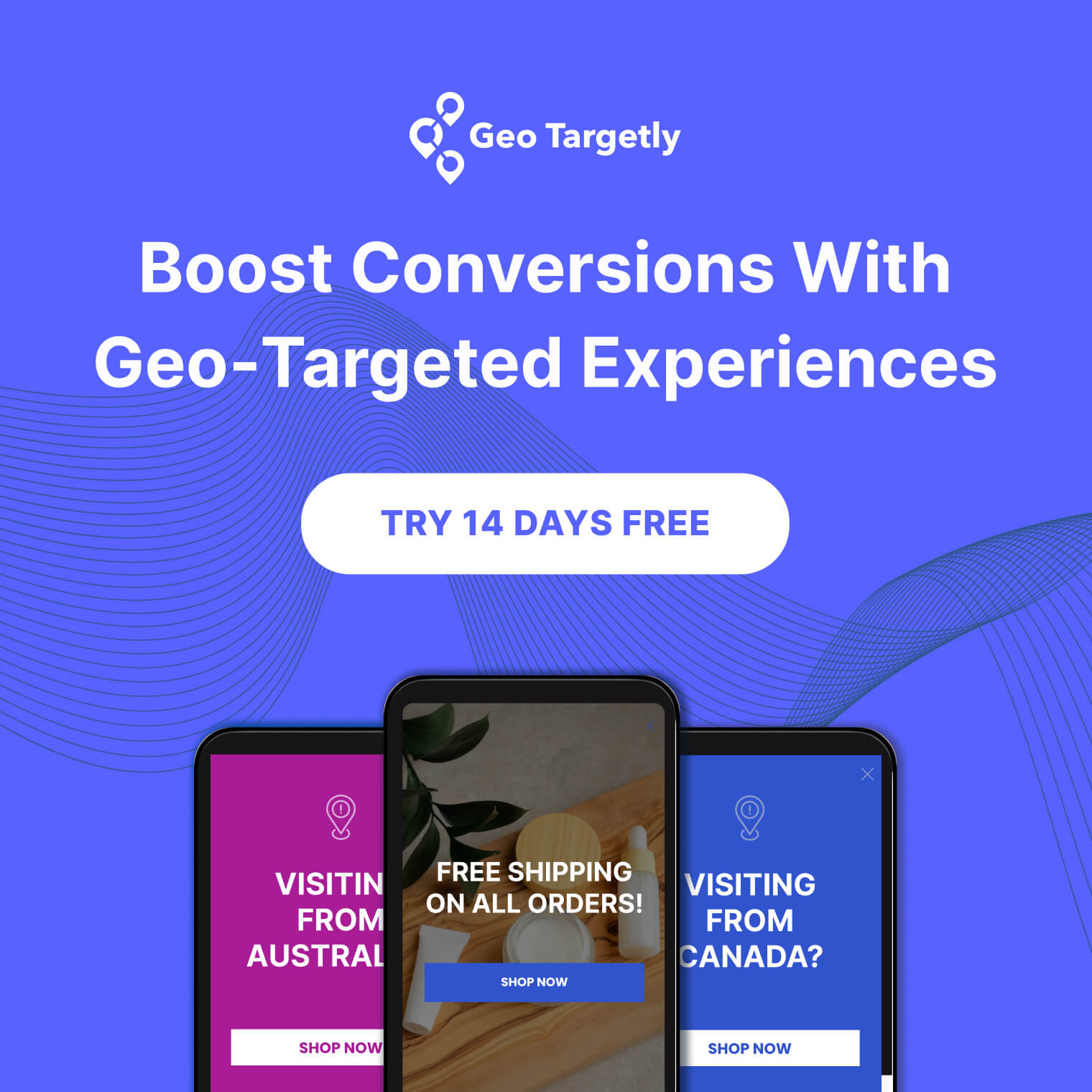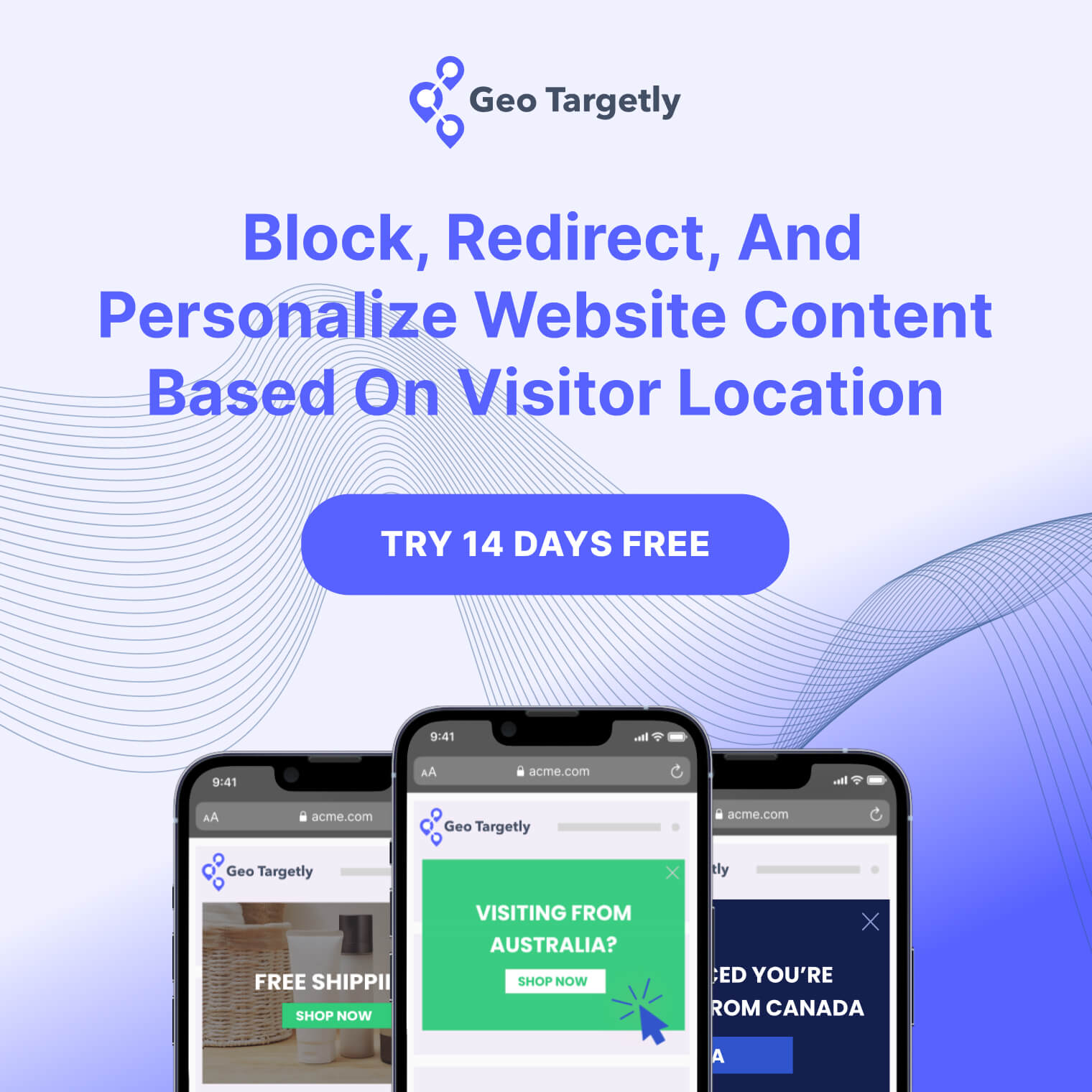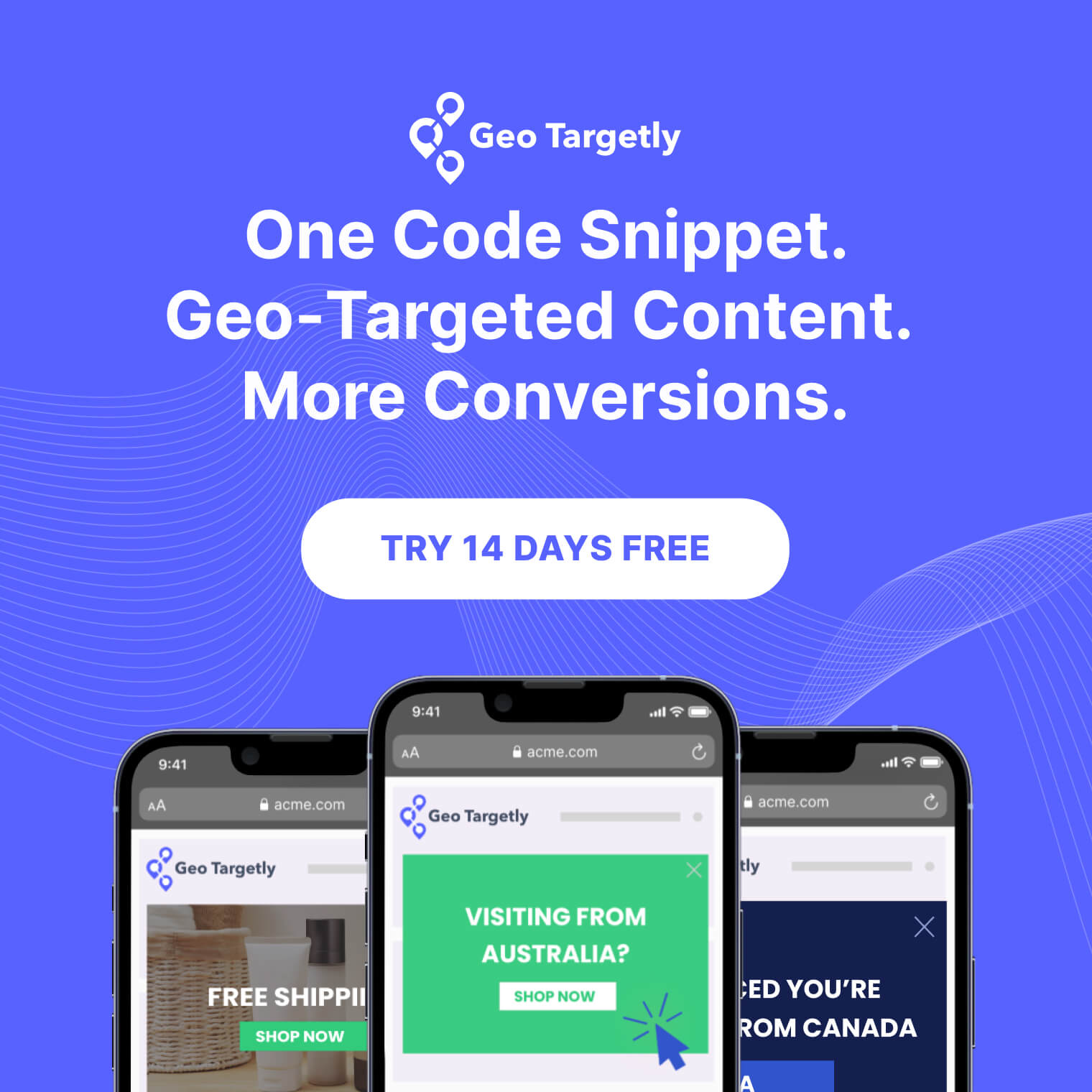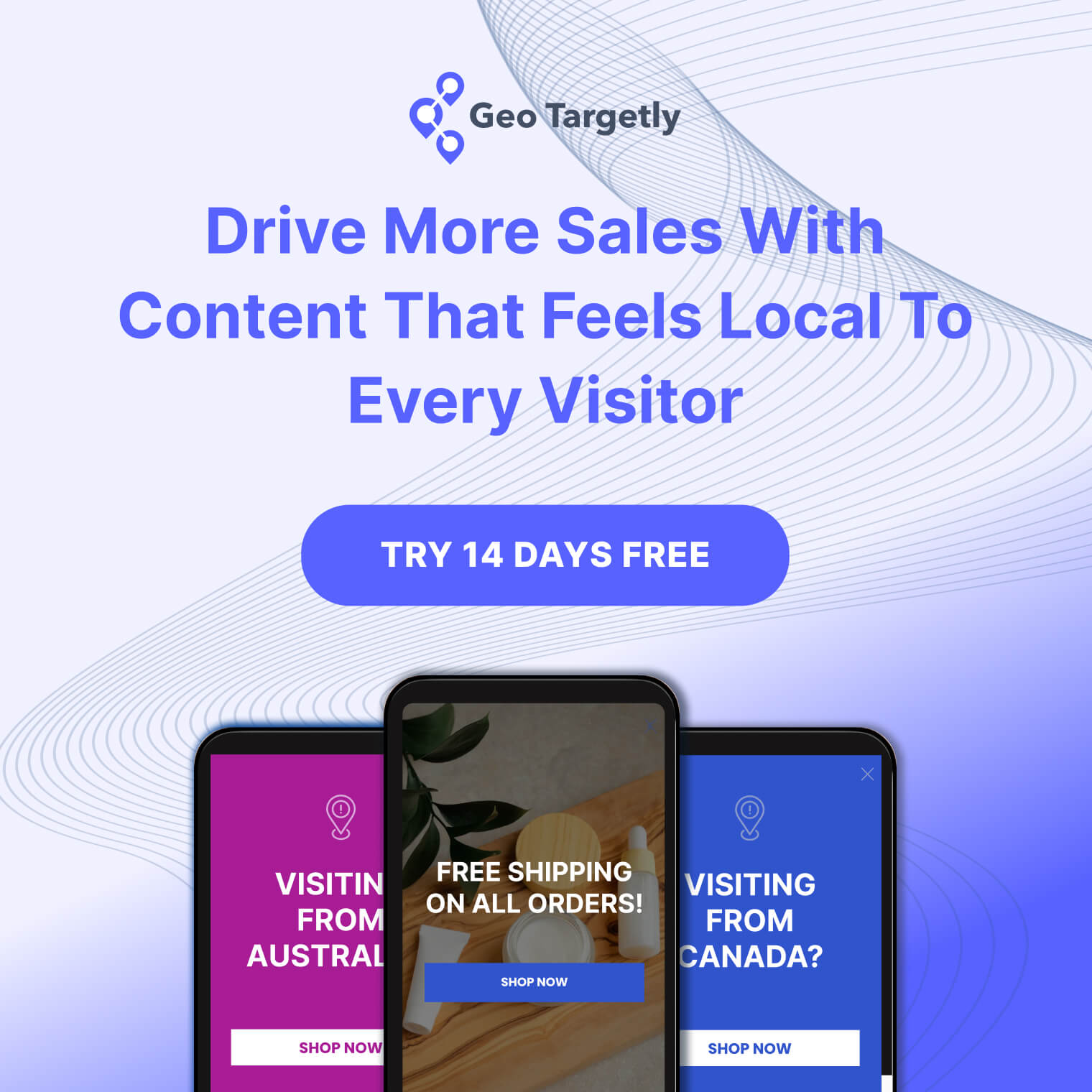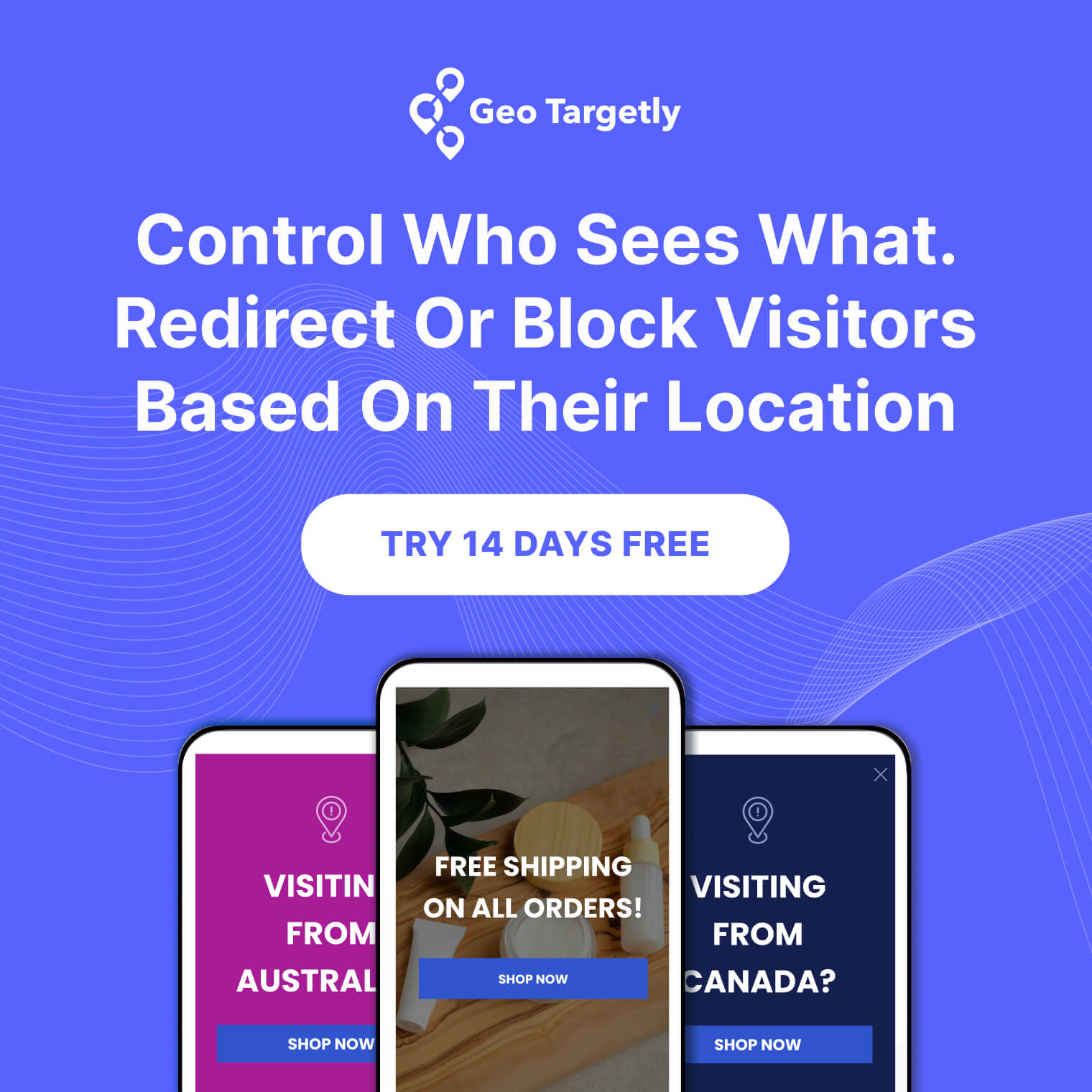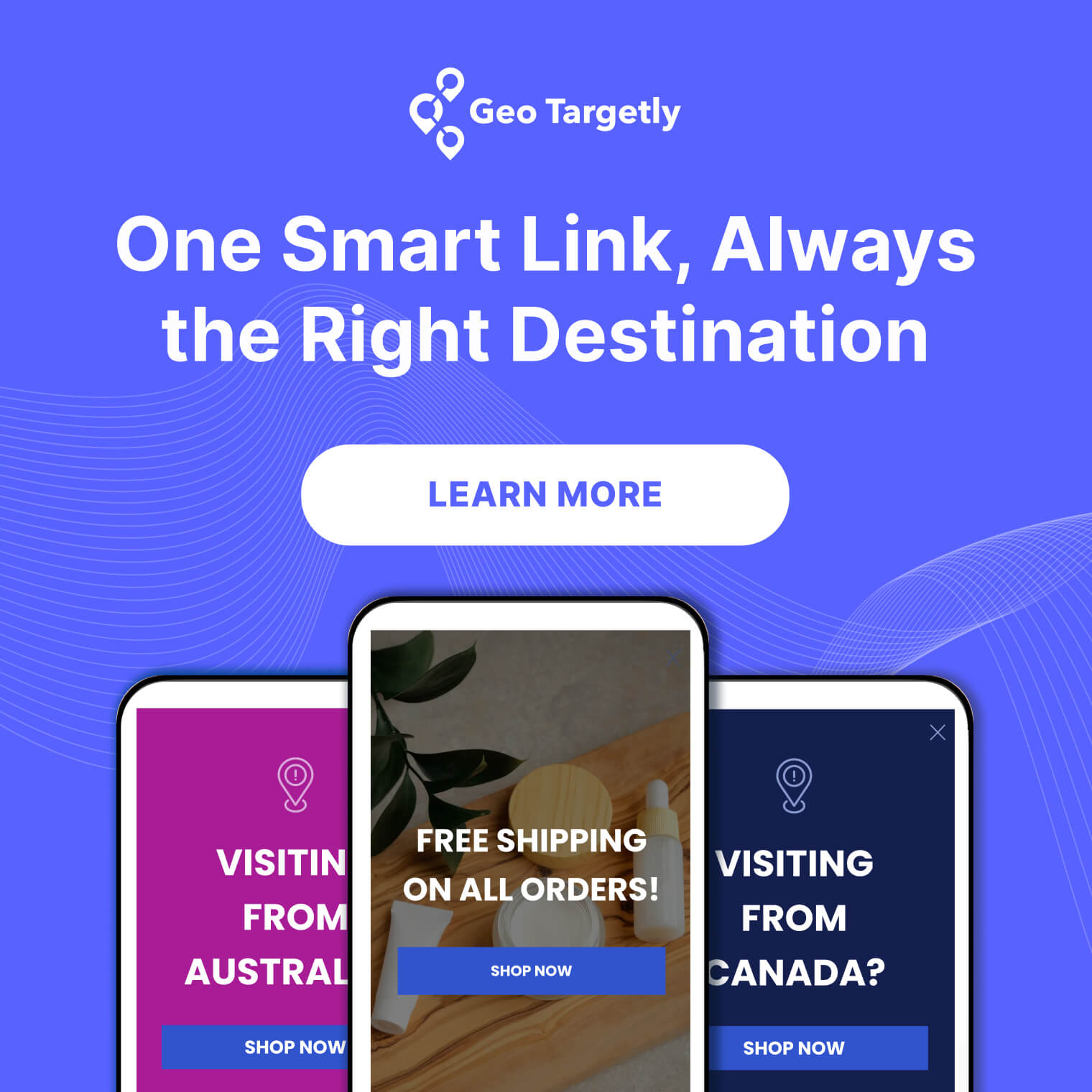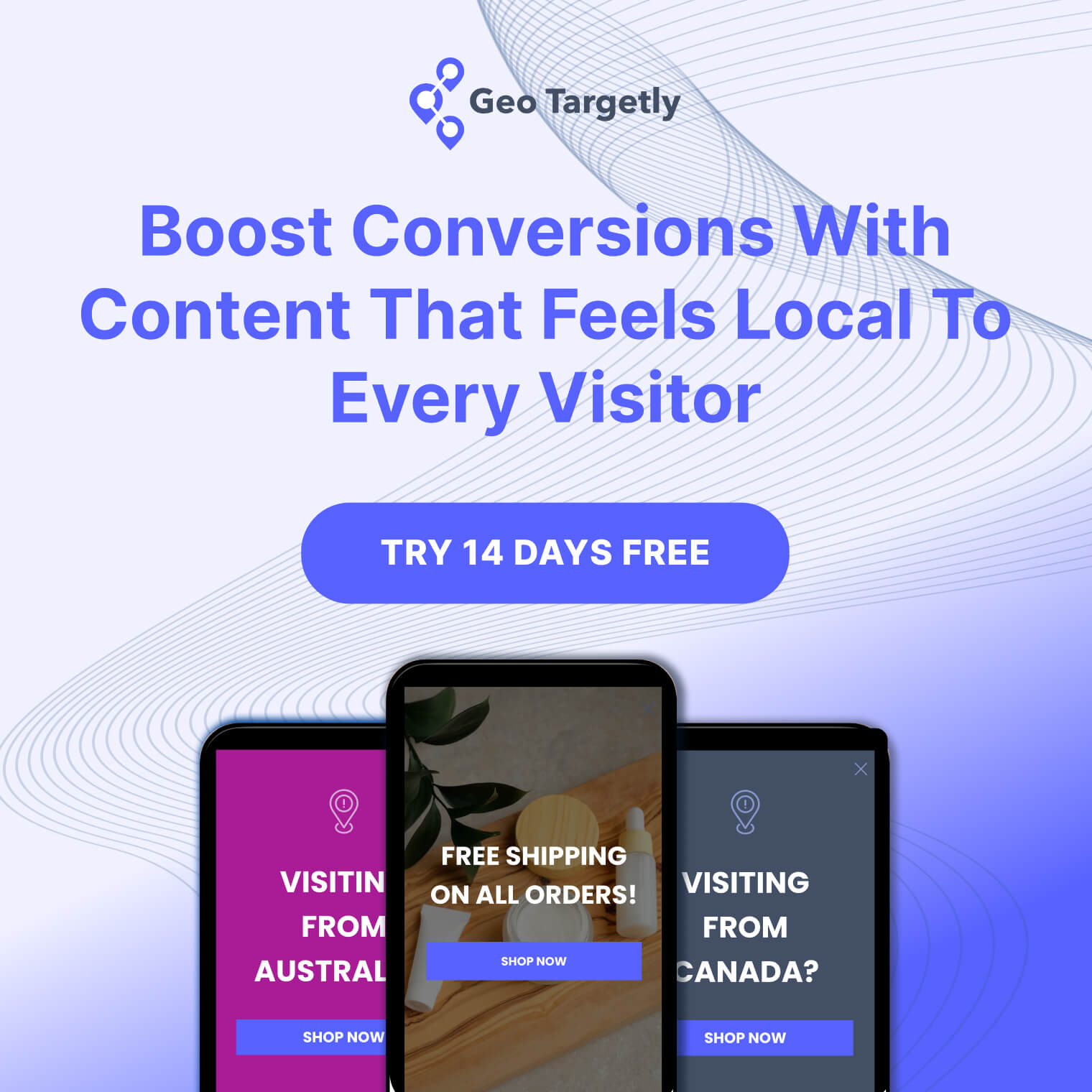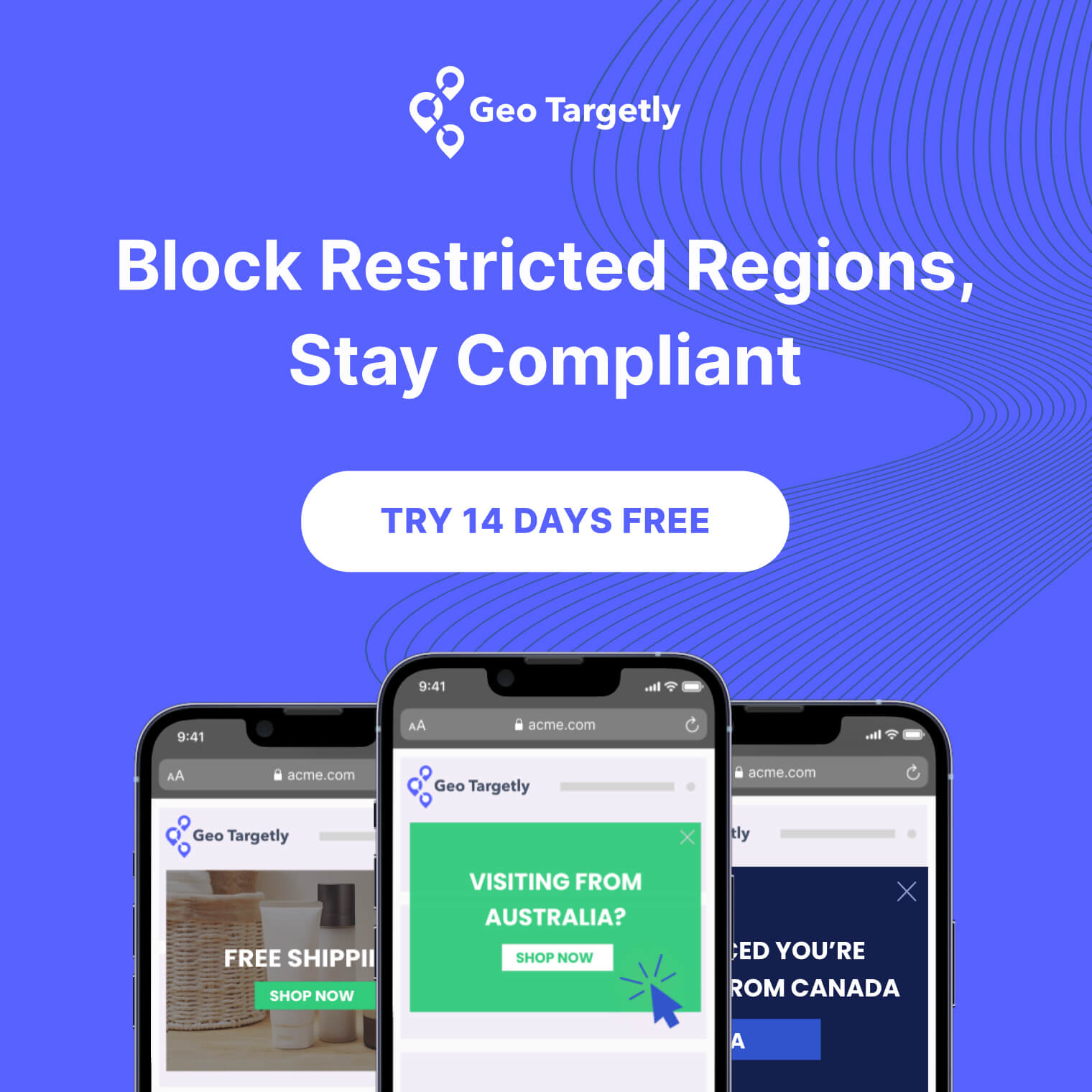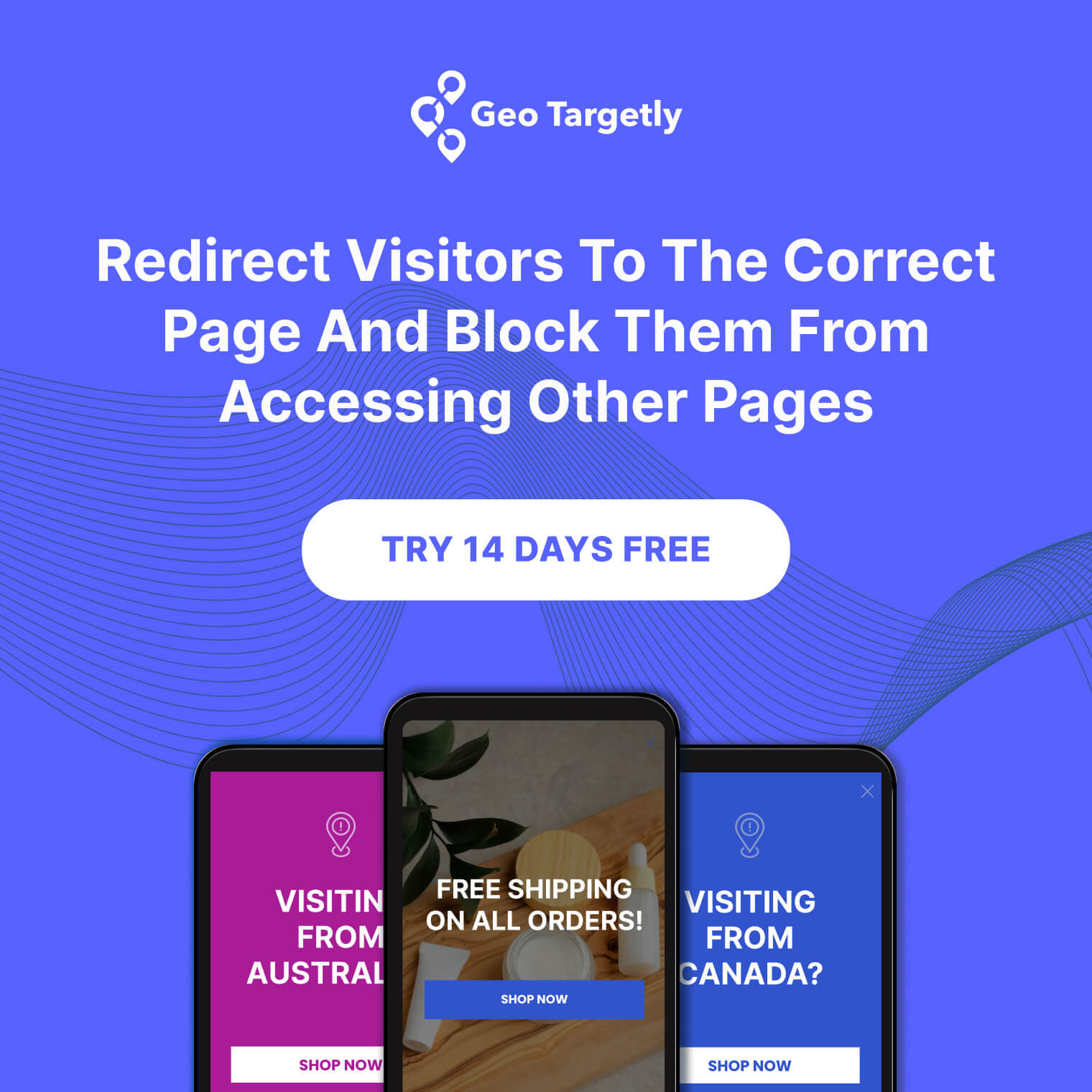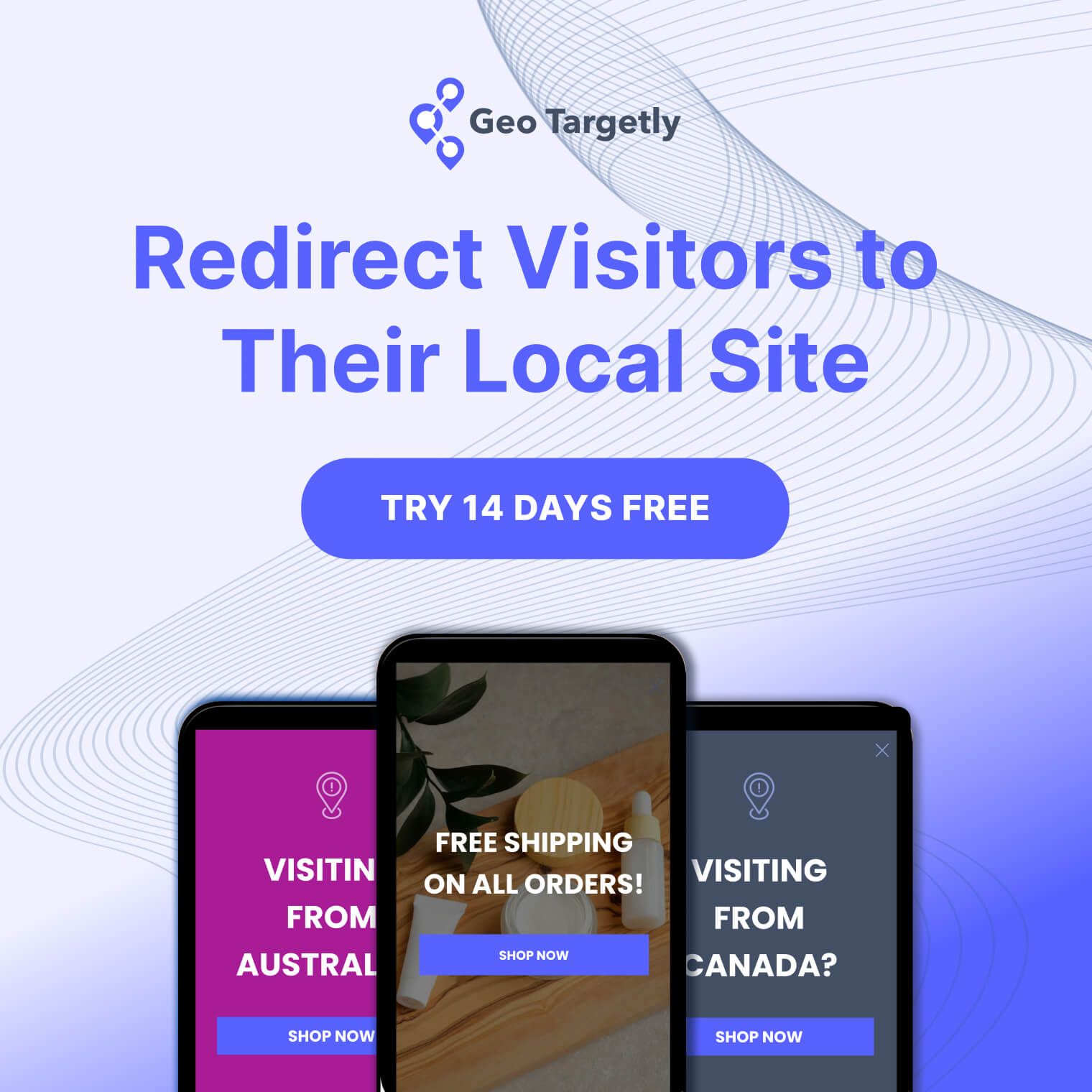

Over the course of the past few years, the ecommerce industry has exploded. More consumers than ever are routinely favouring online shopping experiences over visiting physical stores. The competition can be fierce, and with so many online services - not just ecommerce sites - constantly vying for user attention, making successful conversions online can be quite challenging. One of the most effective ways successful businesses have been able to overcome these issues is by way of content personalisation - specifically personalisation based on geolocation. IP location databases have allowed organisations to better understand and segment their consumers, enabling them to create tailored user experiences that lead to better conversion rates.
Now it may seem as if IP geolocation tech is best suited for companies that operate globally. Makes sense, right? Language and pricing are the two major things you want to change dynamically to fit user locales. However, an IP location database allows for a far wider array of applications than just these UX essentials. And these aren’t just limited to a global context; a database like this can be an excellent way to increase your local conversions too.

Making a good first impression with an IP location database
Consumers don’t just use the internet for making purchases, they use it as a source of information to arrive at a purchasing decision. Users who are engaging in this behaviour do have an idea of what they want to buy in their mind, they just want to get all their facts straight. Grabbing consumer attention is one of the most difficult things to do online these days, so if they’re looking for something that your business is selling, you want to make sure that you make a good first impression.
First and foremost, it is imperative to ensure that your site is ‘usable’. During their information search, consumers are willing to visit a number of related websites, but if they do not perform correctly - due to issues like slow load times or missing content - they aren’t likely to stick around, nor come back next time either.
IP location databases are not purely a location-based intelligence, as it also identifies and stores the connection types and speeds of your users. This is especially useful in the local context, allowing organisations to assign relevant patterns and behaviours, helping differentiate a user base that might otherwise feel very similar to each other.
Knowing what your user connection types and speeds are, allows your business to optimise your website accordingly, and the right geotargeting tools are even able to dynamically deliver content based on connection speeds. For example, a user with a slow connection might be shown a static display offer as opposed to the animated one that’s usually displayed.
All of this means that whenever users do wind up on your site looking for information, they are treated to the best possible user experience. This, in turn, means they are more likely to choose you for their purchase or make a return visit at some point.
Understanding your consumers without unnecessary intrusion
The conversion process starts with your first encounter with a user. At this initial stage, it’s important to engage them - intrigue and interest are what you want to aim for rather than a direct sale. As we mentioned before, using an IP geolocation service for personalisation is the best way to ensure that your first interaction with a potential user has any substance to it.
The issue with personalisation is that it generally asks users for something in return. Most geolocation services such as GPS and HTML5 require an opt-in from the user - an agreement to share their information. Most users are wary of such requests, and with the growing number of cyber-attacks and online scams, these opt-in are likely going to keep getting denied.
An IP location database is able to comfortably bypass this issue. Due to the fact that IP geolocation tech relies on freely available IP address info to make an approximation regarding user location, no additional opt-in is required! This works just as well in a local setting as well, as most databases can boast a location approximation accuracy of around 90% at state-level and 80% at city-level.
As such, an IP location database can get you started on the conversion journey with the right information, with no intrusive behaviour. Learn more about how to get the best out of an IP location database.
Content localisation through IP intelligence
An IP location database provides a comprehensive list of details about potential users, from regions, state and city to ZIP codes and connection types. All of these can prove to be invaluable for organisations, especially in the local context where identifying user segments can be tricky.
Based on this data, personal content creation for local audiences becomes a lot easier. Additionally, through the application geotargeting tools both on your website and externally, it’s possible to ensure that each local audience segment only sees content that is relevant to them. Imagine you’re having a clearance sale in your outlets across the country and you’re promoting it through online ads; ideally, you want users to see the store location that’s closest to them, right?
If you really want to make content that feels personal to users, it’s possible to take things a step further. Every locale has its own sub-cultures, with values, messages and imagery that is important to them. Adapting your content with these colloquialisms in mind can lead to users identifying with your brands and products - they are then more likely to convert.
Better local conversions with an IP location database
Though it is easy to wave off local markets as being made up of roughly the same types of consumers, just a quick glance into any local market will reveal that this isn’t the case. Local markets can be as complex as global ones - in fact, due to the comparatively low amount of data available on these segments, working towards increasing local conversions may even be more challenging.
As such, an IP location database can prove invaluable to organisations looking to excel within their local markets. It provides access to a litany of information about your user base, all without intruding upon their privacy. From there, it’s up to businesses to stick to the tried and true strategy of personalisation based on segmentation. Geotargeting tools will handle the rest, delivering tailored content to the most appropriate local users - a guaranteed way to increase your conversion rate.




.webp)



